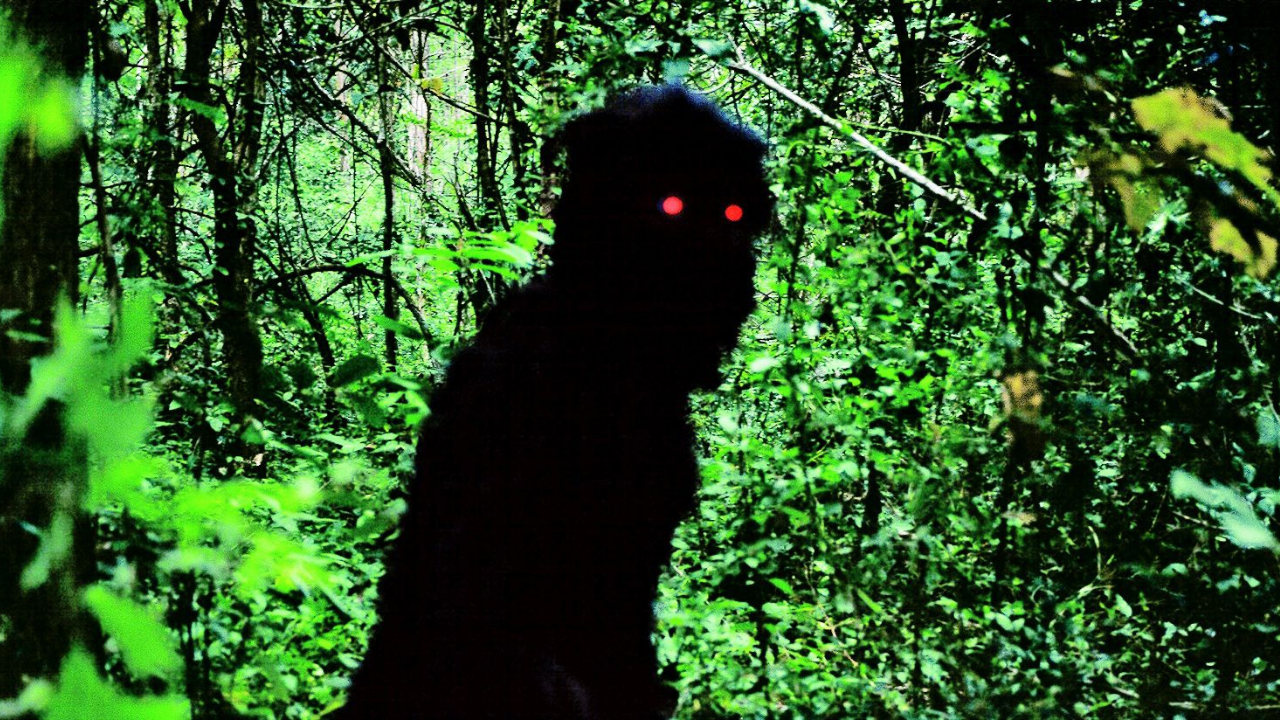This final year option module examines the intersections of film studies and the emergent fields of ecocinema and animal studies. We explore some of the historical, formal, political and ethical aspects of the relationship between cinema, the natural world, human and nonhuman animals.
In an age of climate emergency and widespread zoonotic diseases, what does cinema mean? How can we think about film ecologically?
The recent environmental and “animal turn” in film studies forges new ways of understanding cinema, its theorization, production, and reception in a broadly ecological context. Building on existing approaches to film (cinematic realism, film’s industrial context, or film as a tool for social change), we will look at film not simply as representing the world in image and sound, but as part of the living world: as an environmental practice in its own right, and as a vehicle for addressing—even transforming—humans’ relationship to ourselves and our fellow creatures. Our focus will be on two things: first, on the act of looking at, and constructing, animals and the natural world cinematically, and, second, on living, thinking, and studying in an age of (perhaps irreversible) environmental decline. We begin with the historical role of animals in the development of the cinematic medium and continue to films that place animals and the natural world at their centre. Along the way, we will discuss cinema as a tool for reflection and advocacy in the age of the Anthropocene.
** CONTENT WARNING **
Overall, I avoid showing graphic imagery. Occasionally, however, we will view and discuss images and events of a difficult or distressing nature. If you have concerns about class content, don't hesitate to get in touch. You are also encouraged to research the materials we will be watching in advance.
In an age of climate emergency and widespread zoonotic diseases, what does cinema mean? How can we think about film ecologically?
The recent environmental and “animal turn” in film studies forges new ways of understanding cinema, its theorization, production, and reception in a broadly ecological context. Building on existing approaches to film (cinematic realism, film’s industrial context, or film as a tool for social change), we will look at film not simply as representing the world in image and sound, but as part of the living world: as an environmental practice in its own right, and as a vehicle for addressing—even transforming—humans’ relationship to ourselves and our fellow creatures. Our focus will be on two things: first, on the act of looking at, and constructing, animals and the natural world cinematically, and, second, on living, thinking, and studying in an age of (perhaps irreversible) environmental decline. We begin with the historical role of animals in the development of the cinematic medium and continue to films that place animals and the natural world at their centre. Along the way, we will discuss cinema as a tool for reflection and advocacy in the age of the Anthropocene.
** CONTENT WARNING **
Overall, I avoid showing graphic imagery. Occasionally, however, we will view and discuss images and events of a difficult or distressing nature. If you have concerns about class content, don't hesitate to get in touch. You are also encouraged to research the materials we will be watching in advance.
